10 terrifying horror books you've never read
Being scared is a lot of harmless fun

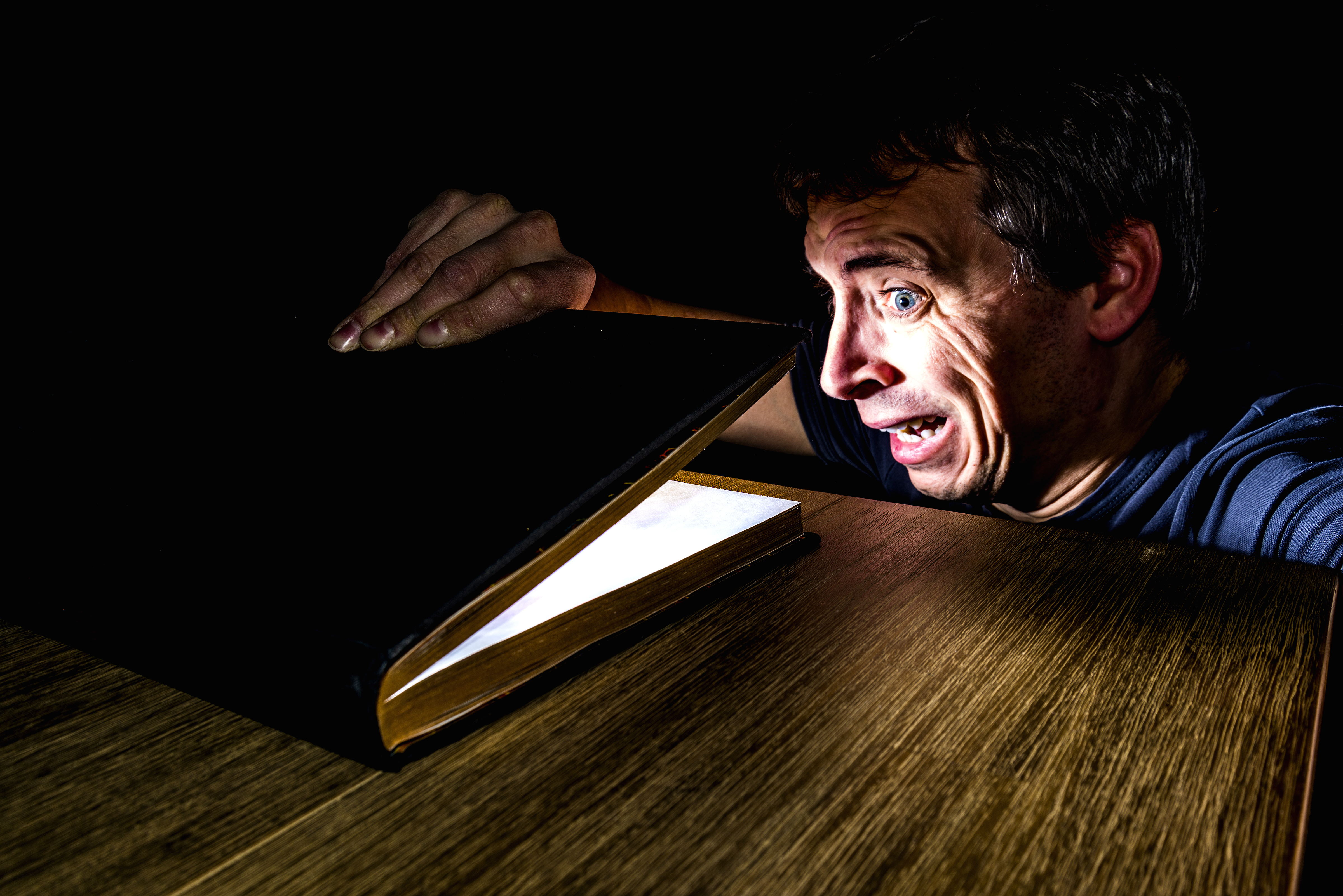
As long as I can remember I have enjoyed stories that frighten me. As a child, on rainy early autumn afternoons in our crumbling Victorian farmhouse surrounded on three sides by corn as far as anyone could see, I would open the old Childcraft Encyclopedia to the only volume that interested me, "Myths and Legends," and read about ogres and witches.
Millions of people could tell similar stories, and just as many will listen on, baffled by our addiction to being frightened. Why do we do it? Like Eve Tushnet, I have never come up with a "grand theory of horror," but I would observe that these stories serve to remind ludicrous moderns that we are creatures of spirit as well as matter, that there are more things in heaven and Earth than are dreamt of in what passes for our philosophy, that the past will never leave us till the last trumps blow.
Or maybe that's all a lot of windy nonsense, and we enjoy this stuff because being scared is a lot of harmless fun.
The Week
Escape your echo chamber. Get the facts behind the news, plus analysis from multiple perspectives.

Sign up for The Week's Free Newsletters
From our morning news briefing to a weekly Good News Newsletter, get the best of The Week delivered directly to your inbox.
From our morning news briefing to a weekly Good News Newsletter, get the best of The Week delivered directly to your inbox.
In any case, here are 10 lesser-known horror books — most but not all of them novels — that I heartily recommend to all my fellow enthusiasts. As with any genre of literature, preferences in horror fiction are largely a matter of taste. Mine is for subtle intimations of the other-wordly, for haunted houses and ancient forests, for ghosts and witches and demons, rather than for scientific experiments gone wrong or ax murderers or cannibal hillbillies. For this I can offer no apology.
1. The Beckoning Fair One by Oliver Onions
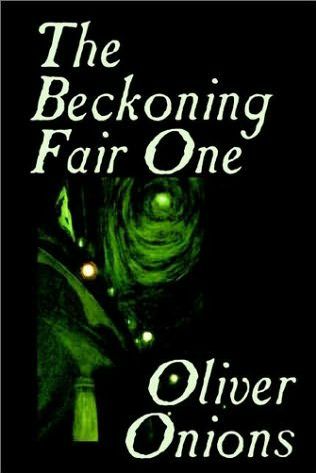
Oliver Onions' name is not one to conjure with in 2017, but he was among the greatest practitioners of the traditional English ghost story in its silver age. These stories are not crude; they are slow, subtle, and beautifully written. A young down-and-out novelist leases rooms in a decaying house, ostensibly in the hope of completing his masterpiece. He discovers — what else? — that he is not alone. The truly frightening thing is that he is happy about it.
The best way of obtaining The Beckoning Fair One is to track down a copy of Anita Miller's wonderful anthology, 4 Classic Ghostly Tales, in which it appears alongside shorter masterpieces from Robert Hichens, Mrs. Gaskell, and D.K. Broster.
A free daily email with the biggest news stories of the day – and the best features from TheWeek.com
2. The Green Man by Kingsley Amis
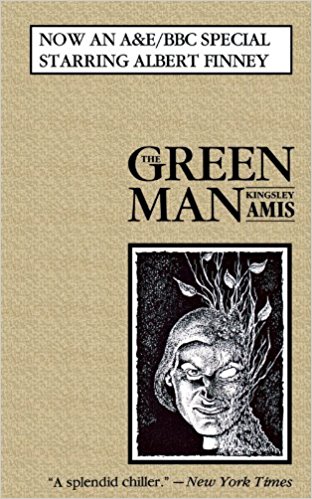
Kingsley Amis is finally getting the reputation and coming out from under the shadow of his bratty, far less talented son, Martin. Thanks to the efforts of NYRB Classics, his bitter and affectionate comic novels have made something of a comeback in recent years. The Green Man is something very different. It is essentially a pastiche of a Jamesian ghost story by a devoted fan, one who had read and watched so many frightening things that he could not use the bathroom alone at night and often woke his children to ask them about their day in the hope of relaxing.
3. The Cipher by Kathe Koja
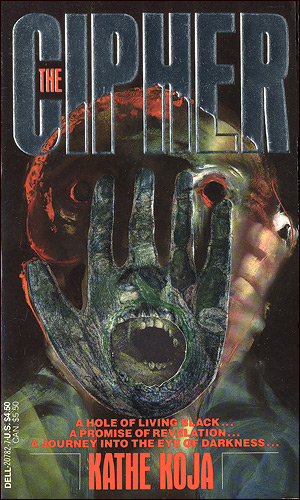
By the '90s, I think it had become clear that the future of horror fiction did not lie in the direction taken by Stephen King and others of doorstopper-sized tomes filled with irritating details, sloppy prose, and too many explanations. Koja strips the genre down to the basics: A black hole appears inexplicably in the floor of a couple's apartment in Detroit and dreadful things happen. I paid $60 for my mass-market paperback copy of The Cipher, which has never appeared between hardcovers. The only easy way of getting hold of it these days is, alas, in ebook form. Any publisher willing to bring it back into print would be performing an invaluable service to literature.
4. The Ritual by Adam Nevill
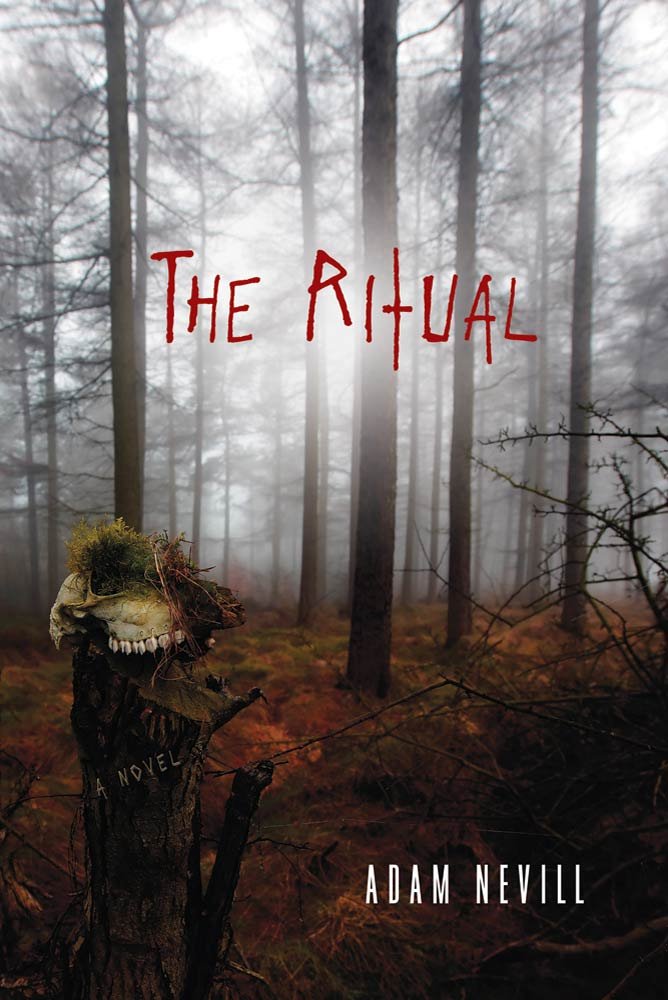
I read this in one sitting last Saturday. The somewhat tired premise — four old college friends getting together for one last reunion in, uhhh, the uncharted wilderness of northwestern Sweden — is in many ways the least interesting thing about it. Nevill is successful precisely because he never works at being profound, does not attempt to "write," and keeps us turning the pages of the best story about the woods since Algernon Blackwood's "The Wendigo," to which it is a kind of spiritual sequel. The last quarter or so of the book departs radically from what has happened so far in a way that will tempt you to chuck it across the room. Do not give in. Nevill is a careful writer, and the ending — a real one that does not really arrive until the final sentence — is perfect.
5. The Amber Witch by Wilhelm Meinhold
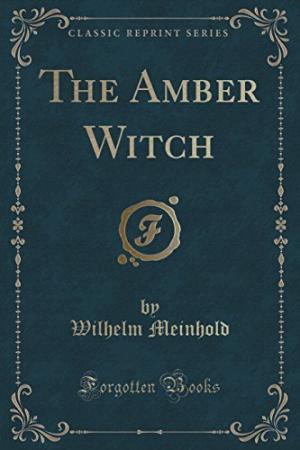
How can it be that this has never been made into a film? As I write this there must be 17 different generic found footage franchises in production and goodness knows how many tedious reboots of overrated '70s and '80s gorefests. If, like me, you thought that The Witch was the best thing to happen to horror cinema in a lifetime, you will appreciate this 19th century German masterpiece, which is all the more enjoyable for having a rare happy ending.
Buy E. F. Bleiler's Five Victorian Ghost Novels and enjoy this with four other mostly unsung and difficult-to-locate classics from Vernon Lee and others.
6. Night Shift by Stephen King
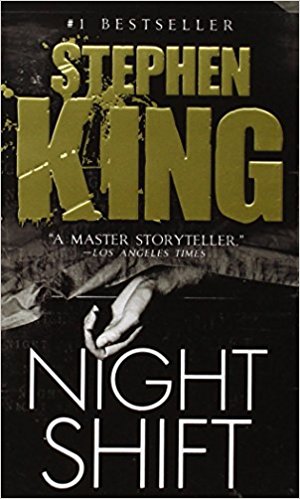
No one is unfamiliar with the author of IT and Pet Semetary, but it is astonishing how little appreciated his first volume of short stories about mostly working-class people is in comparison with his novels, most of which are mixed bags. King's instincts are often excellent, but his editors have frequently done him a disservice by not insisting on cuts — and, frankly, by allowing him to write too much about sex. I don't think there are any better examples of modern American horror writing than "Gray Matter," "The Bogeyman," "Graveyard Shift," and "Children of the Corn," the last of which has been unfortunately marred by association with a series of risibly bad motion pictures that borrowed their name and very little else from King's story. If M.R. James had been an underpaid English teacher living with his wife and children in a trailer instead of the provost of Eton College, these are the things he would have written.
7. Songs of a Dead Dreamer and Grimscribe by Thomas Ligotti
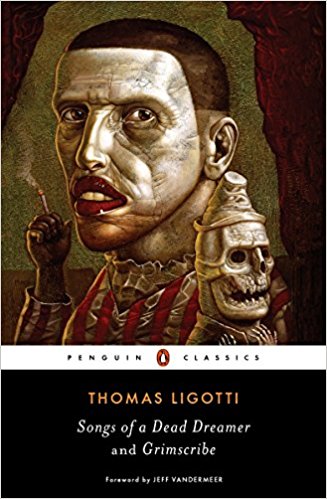
It would be doing the reader a disservice to attempt to say too much about these bizarre volumes of — well, what are they? Stories? Visions? Prophecies? Decide for yourself. Ligotti is a follower of Poe as well as of Kafka and (one imagines) Walter Benjamin. This is Lovecraft — the early Lovecraft of the visionary poems and fragments, not the mature-ish author of "The Shadow Over Innsmouth" — for the Blade Runner era. Penguin's decision to make them widely available in a single inexpensive paperback is laudable.
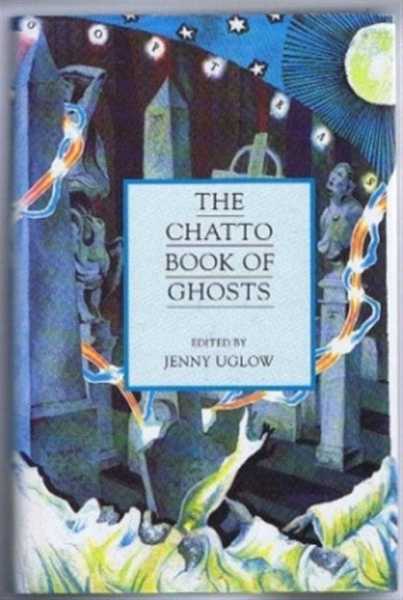
Most of my favorite books are what I like to think of as "browsing books," volumes that can be opened at any time at any page and engaged for five minutes or half an hour. This is true even for ghost stories. Sometimes even The Oxford Book of Ghost Stories and The Virago Book of Victorian Ghost Stories . It is for these occasions, "small dosage terror," you might say, that I turn to Jenny Uglow's delightful anthology of snippets from short stories and novels, verse, non-fiction accounts of hauntings, and passages from scripture.
9. The Time of the Angels by Iris Murdoch
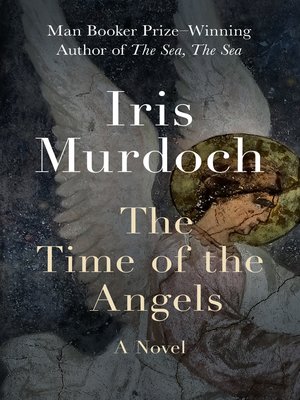
I have never seen this early classic from one of the few truly great post-war novelists described as "horror." But that is exactly what it is. An Anglican priest steeped in Heidegger locks himself in his upstairs study in bombed-out London. He decides that God has been killed, leaving his angels free to do as they please; he roams the house like a kind of spider, preying on his fellow inhabitants without raising his voice above the level of a whisper. Forget Hell House and other schlocky exercises in the merely grotesque. With the exception of The Haunting, this is the best modern haunted house novel.
10. Clarissa by Samuel Richardson
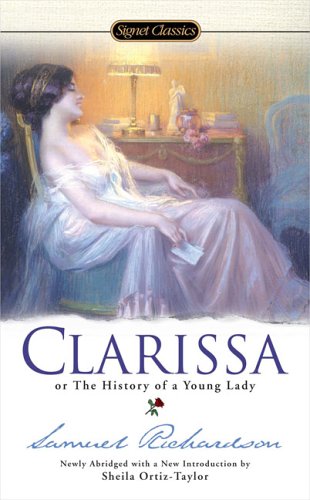
Probably the longest novel in our language and having a reasonable claim on being the finest (a view endorsed by, among others, Ford Maddox Ford), Clarissa also enjoys the distinction of being the first horror novel. Written long before the advent of the Gothic and Romanticism, this is a book about space, about claustrophobia, and about ghosts, metaphorical and otherwise. Most modern paperback editions are either abridgements or unwieldy. Look out for the old four-volume pocket-sized Everymans, which usually go for about $20. As with Proust, half the difficulty of Richardson is the physical impracticality of reading him.
Matthew Walther is a national correspondent at The Week. His work has also appeared in First Things, The Spectator of London, The Catholic Herald, National Review, and other publications. He is currently writing a biography of the Rev. Montague Summers. He is also a Robert Novak Journalism Fellow.
-
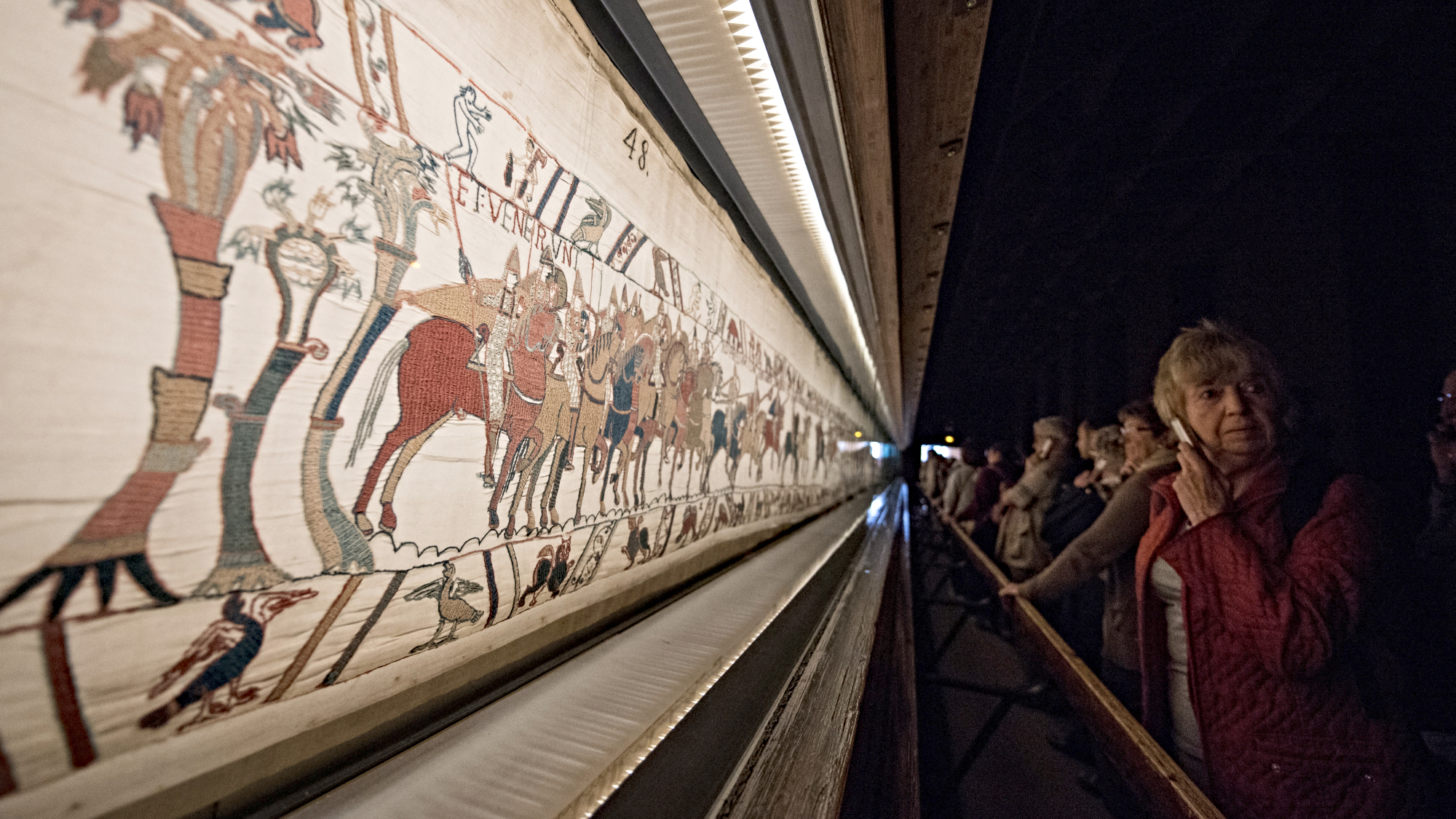 The best art exhibitions to book in 2026
The best art exhibitions to book in 2026The Week Recommends Our pick of the shows to see across the UK, from epoch-defining embroidery to fresh looks at under-appreciated artists
-
 What is the Donroe Doctrine?
What is the Donroe Doctrine?The Explainer Donald Trump has taken a 19th century US foreign policy and turbocharged it
-
 Could a part-and-part mortgage help you on to the property ladder?
Could a part-and-part mortgage help you on to the property ladder?Combining repayment and interest-only mortgages could become more popular as part of a push towards more flexible lending
